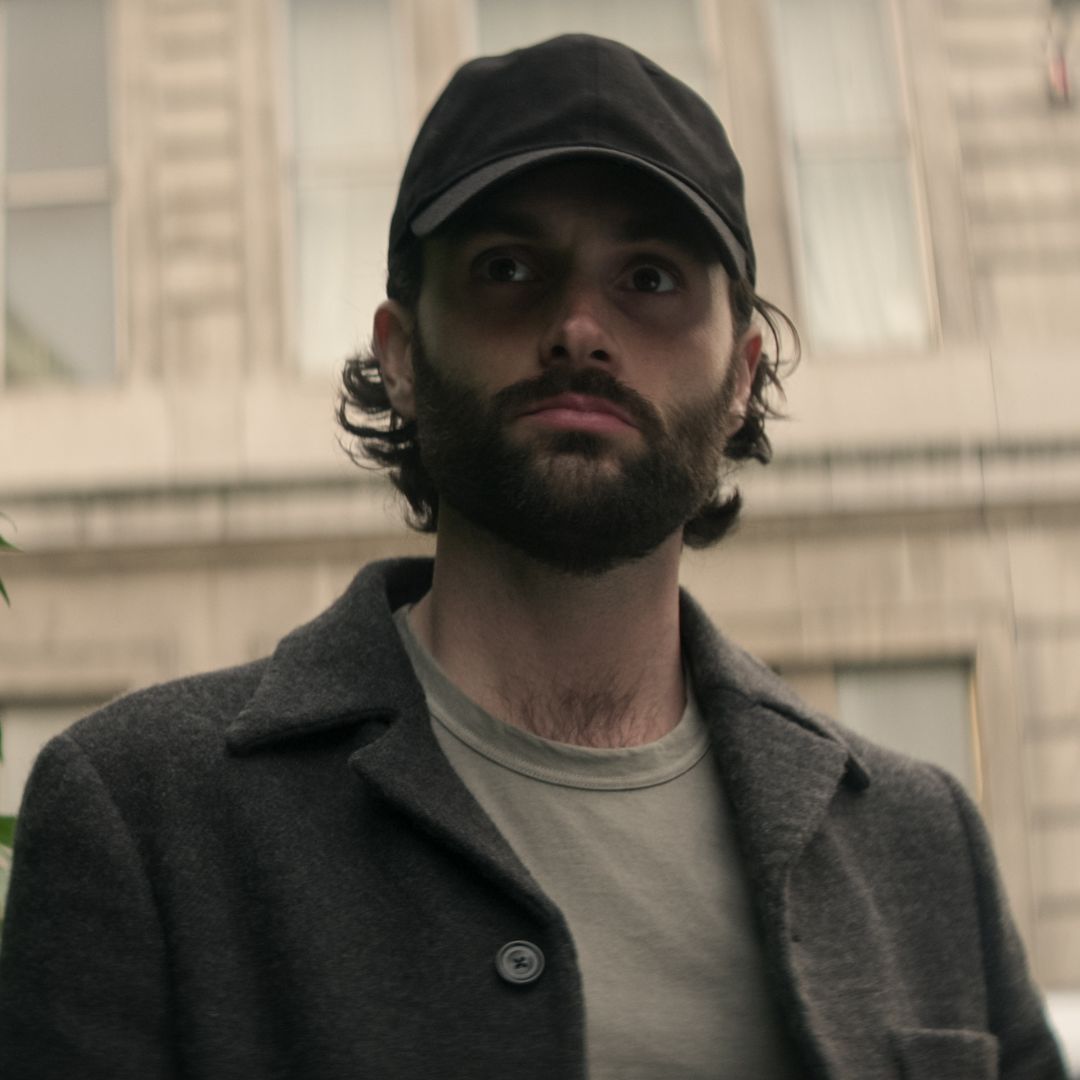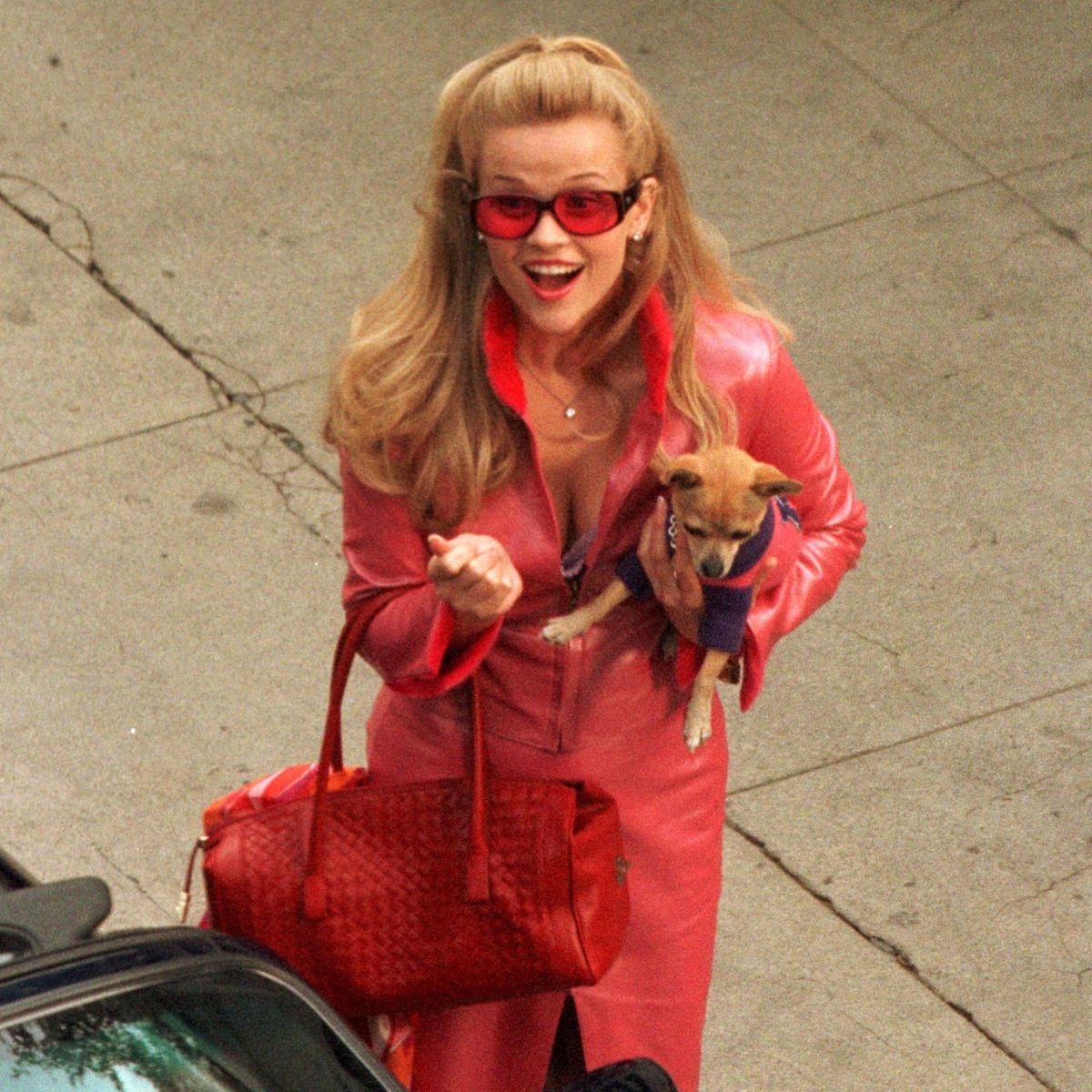Meet The Women Earning Money For The First Time Thanks To Fairtrade Gold
Until last year, these Tanzanian gold-mine workers received food, not money for their labour. Fairtrade gold has changed all that. We take a look the difference it has made…
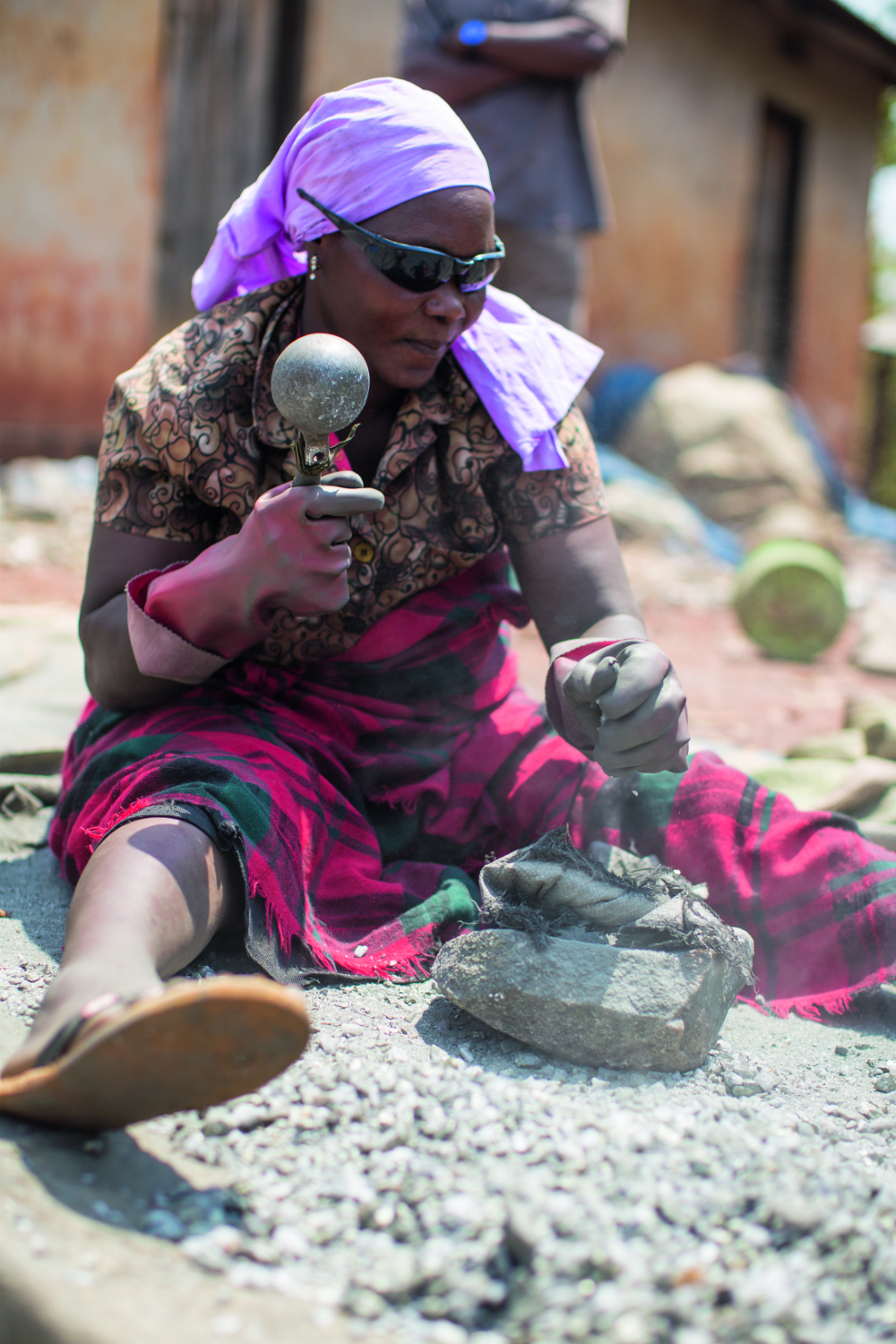
Until last year, these Tanzanian gold-mine workers received food, not money for their labour. Fairtrade gold has changed all that. We take a look the difference it has made…
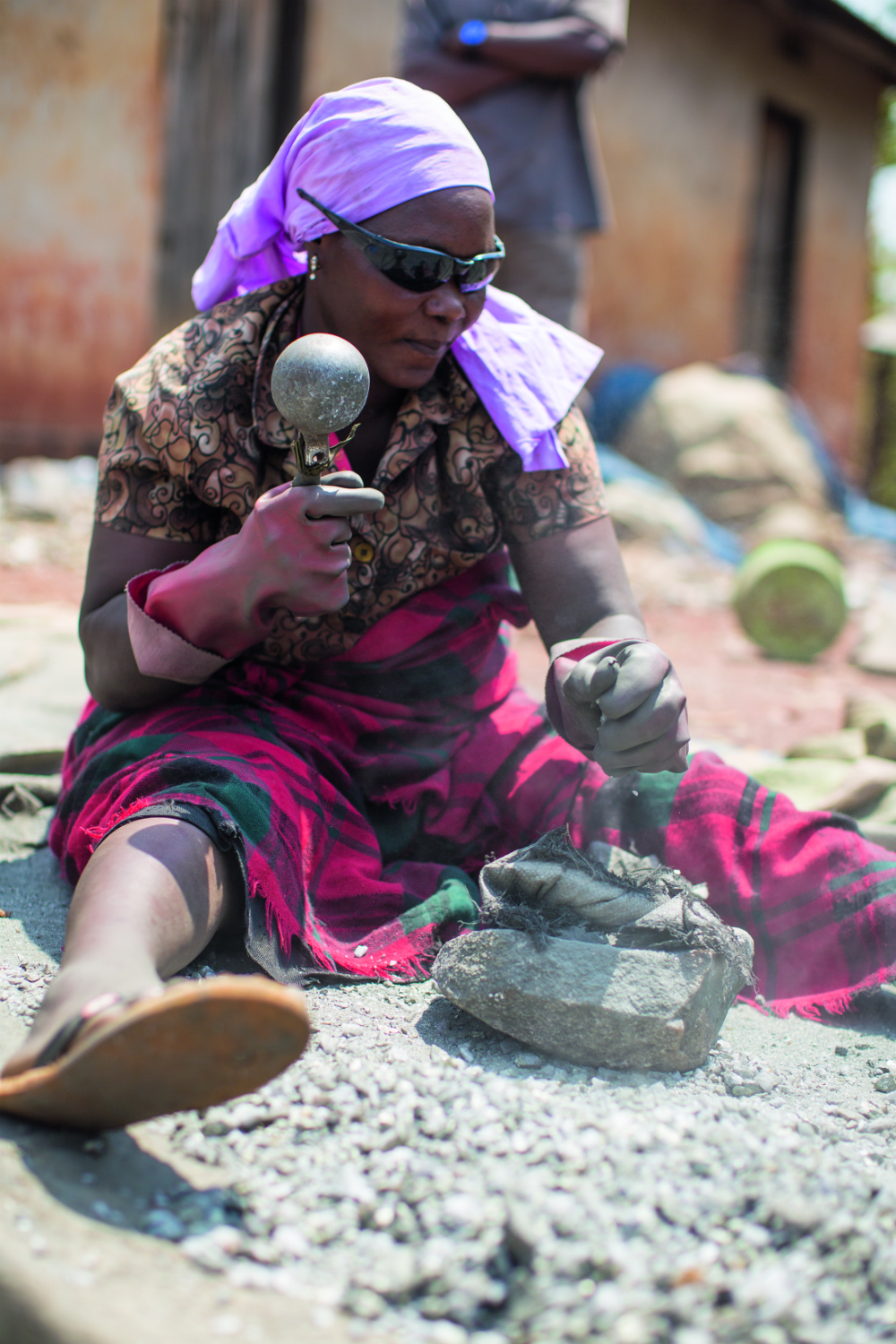
It’s 11 o’clock on a Monday morning and Theresia Elias (pictured), 39, is not long into her shift. Clouds of dust rise up into her face as she hammers, blow after blow, onto a giant lump of unprocessed gold ore, sweat glistening on her forehead. A few metres away, her colleague Rebecca yawns in the sunshine – checking every so often for the next delivery of ore to be sent up from the mine below.
They both look tired – shifts often last hours at a time and require an eye-opening degree of physical strength. But lunch is only a couple of hours away. And at the end of the day, they’ll take home enough money to pay rent, provide food for a family of eight and save for the future.
For the 92 employees at the Nsangano gold mine in Nyurugusu, Tanzania, the days might be long, but they’ve been an even longer time coming. After all, up until a year ago, they were paid in food – not money.
Known as ‘subsistence workers’, the women toiled in fields and kitchens in exchange for scant portions of maize, fruit or flour. When the bills came in, the food had to be sold, leaving them without even that.
‘I used to work as a cook nearby in Geita town, but even then, I wasn’t able to feed my six kids,’ says Theresia. ‘Since I started working here last year, they haven’t missed a meal.’
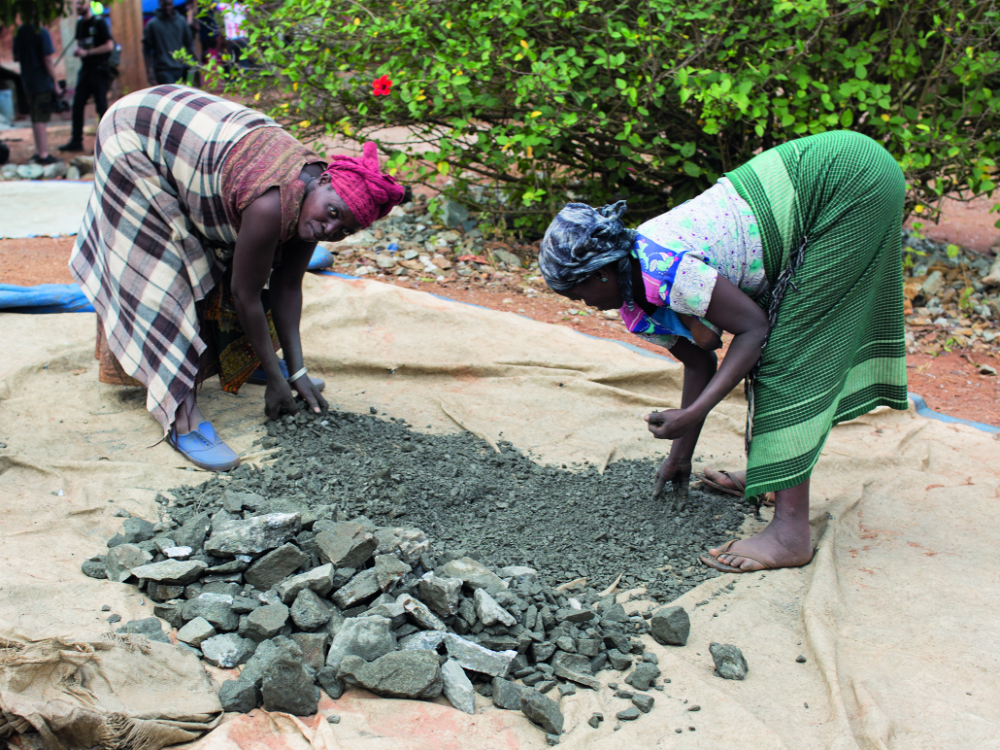
It’s a big deal. In 2013, £63 billion was spent on gold jewellery across the world, but the mostly male miners in Tanzania are lucky if they earn 65p per day. In fact, just down the dirt road, a non-regulated mine paints a depressing picture of what life is like for many of Theresia’s peers. We’re not allowed past the gates, but even from where I’m standing it looks to be in disarray. I can’t see a single fluorescent jacket, and children are everywhere.
Marie Claire Newsletter
Celebrity news, beauty, fashion advice, and fascinating features, delivered straight to your inbox!
‘Until a few years ago we were mining without any kind of protocol. We didn’t keep any records, didn’t have the right equipment, we were using child labour and we weren’t mining responsibly,’ explains Renatus Nsangano, 33, whose eponymous mine is the first to receive Fairtrade accreditation in Tanzania.
‘I knew this would benefit us greatly, but it’s changed everything in a big way.’
His ambition doesn’t end there – Nsangano mine is only 1,100 metres in size, but it already produces more than 12kg of gold per year, and he’s hoping to raise enough money to start a nursery, meaning employees wouldn’t have to worry about childcare when they’re at work.
Tina Mwasha, Tanzania's first and only female mineral processing engineer, agrees. She has been working with Fairtrade Africa for three years to ensure the mines follow procedure.
'I come to Nsangano at least once a month to see how the staff are doing and to make sure their methods are up to date,' she tells me. 'I have a master's degree from the UK, but I had to work very hard to get the miners to trust me and see me as their equal. Now, if there are any issues, they come straight to me.'
But for women like Rebecca, earning money doesn't just mean life is easier. It means that for the first time, at 21 years old, she can think about life beyond the mine, too.
'I used to be a farmer, but I earned no money,' she tells me. 'Now, I'm being paid for the first time and I can finally have goals. My dreams have definitely gotten bigger.' She's going to become a fashion designer, she says. And she's already started saving for a sewing machine.
Fairtrade Africa is working with CRED Jewellery and Hockley Mint to supply Fairtrade gold and fairtrade jewellery to the UK. For more information visit fairgold.org
Images and video: Hockley Mint, Andy Pilsbury and Rose Dunne
// Tina Mwasha, Tanzania’s first and only female mineral processing engineer, agrees. She has been working with Fairtrade Africa for three years to ensure the mines follow procedure.
‘I come to Nsangano at least once a month to see how the staff are doing and to make sure their methods are up to date,’ she tells me. ‘I have a master’s degree from the UK, but I had to work very hard to get the miners to trust me and see me as their equal. Now, if there are any issues, they come straight to me.’
But for women like Rebecca, earning money doesn’t just mean life is easier. It means that for the first time, at 21 years old, she can think about life beyond the mine, too.
‘I used to be a farmer, but I earned no money,’ she tells me. ‘Now, I’m being paid for the first time, and I can finally have goals. My dreams have definitely gotten bigger.’ She’s going to become a fashion designer, she says. And she’s already started saving up for a sewing machine.
Fairtrade Africa is working with CRED Jewellery and Hockley Mint to supply Fairtrade gold and Fairtrade jewellery to the UK. For more information visit fairgold.org Images and video: Andy Pilsbury and Rose Dunne -->
The leading destination for fashion, beauty, shopping and finger-on-the-pulse views on the latest issues. Marie Claire's travel content helps you delight in discovering new destinations around the globe, offering a unique – and sometimes unchartered – travel experience. From new hotel openings to the destinations tipped to take over our travel calendars, this iconic name has it covered.
